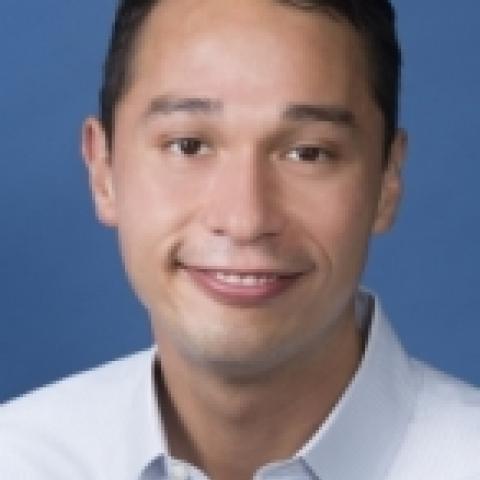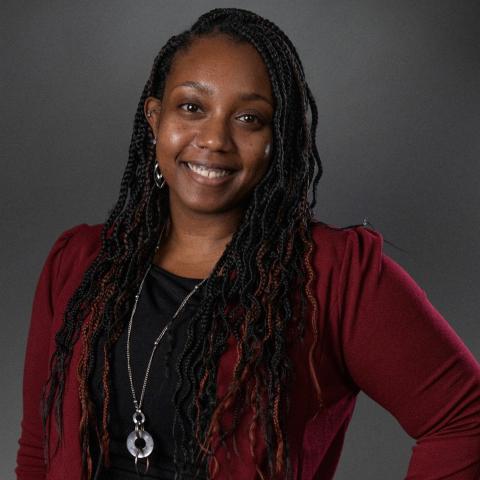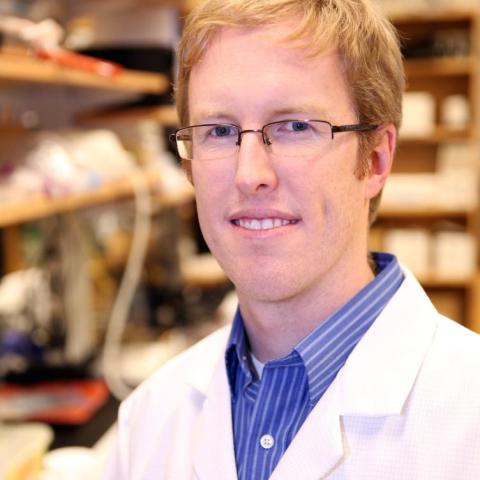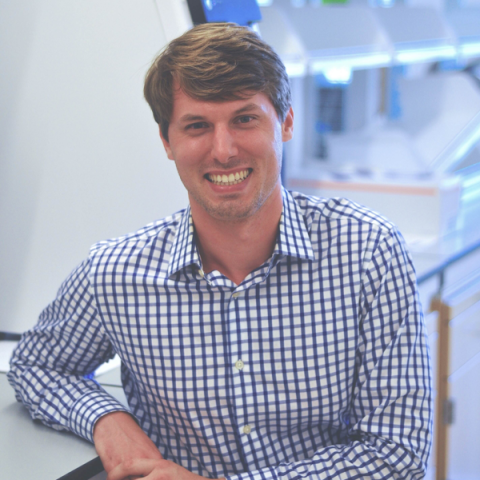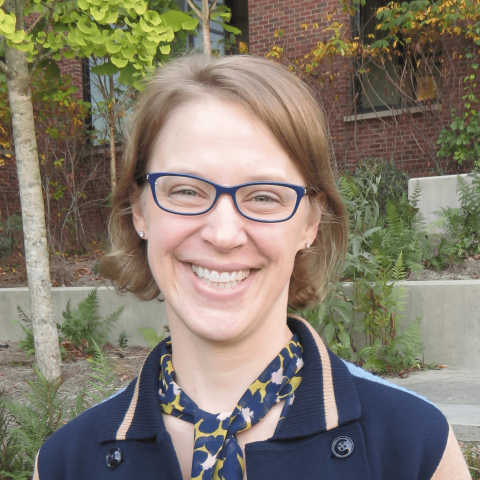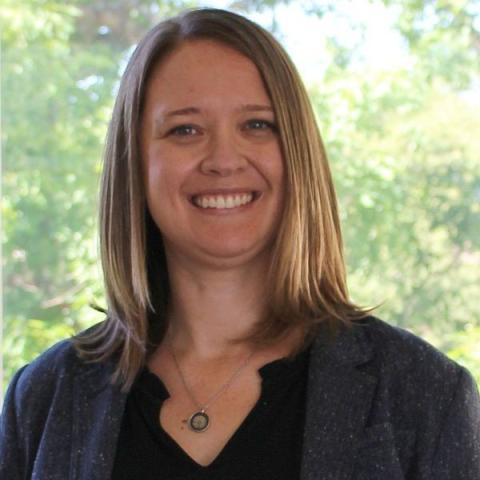James Dahlman is a bioengineer / molecular engineer whose work lies at the interface of chemistry, nanotechnology, genomics, and gene editing. His lab focuses on targeted drug delivery, in vivo gene editing, Cas9 therapies, siRNA therapies, and developing new technologies to improve biomaterial design.
The DahlmanLab is known for applying 'big data' technologies to nanomedicine. The lab is pioneering DNA barcoded nanoparticles; using DNA barcodes, >200 nanoparticles can be analyzed simultaneously in vivo. These nanoparticles are studied directly in vivo, and used to deliver targeted therapies like siRNA, mRNA, or Cas9. As a result of this work, James was named 1 of the 35 most innovative people under the age of 35 by MIT Technnology Review in 2018. James has won many national / international awards, and has published in Science, Nature Nanotechnology, Nature Biotechnology, Nature Cell Biology, Cell, Science Translational Medicine, PNAS, JACS, ACS Nano, Nano Letters, and other journals. James has also designed nanoparticles that efficiently deliver RNAs to the lung and heart. These nanoparticles can deliver 5 siRNAs at once in vivo, and are under consideration for clinical development. As a result, the lab has an interest in immunology and vascular biology.
James supports entirely new research students come up with independently. To this end, DahlmanLab students learn how to (i) generate new ideas, (ii) select the good ones, and (iii) efficiently test whether the good ideas will actually work.
Dahlman Lab students learn how to design/characterize/administer nanoparticles, how to isolate different cell types in vivo, how to rationally design DNA to record information, Cas9 therapies, and deep sequencing. As a result, the lab is an interdisciplinary group with students that have backgrounds in medicinal chemistry, BME, bioinformatics, biochemistry, and other fields. The lab welcomes students with all types of scientific backgrounds. The lab firmly stands by students, independent of their personal beliefs, preferences, or backgrounds.
Additional Research
In the Dahlman Lab, we focus on the interface between nanotechology, molecular biology, and genomics. We design drug delivery vehicles that target RNA and other nucleic acids to cells in the body. We have delivered RNAs to endothelial cells, and have treated heart disease, cancer, inflammation, pulmonary hypertension, emphysema, and even vein graft disease. Because we can deliver RNAs to blood vessels at low doses, sometimes we decide to deliver multiple therapeutic RNAs to the same cell at once. These 'multigene therapies' have been used to treat heart disease and cancer. Why is this important? Most diseases are caused by combinations of genes, not a single gene. We also rationally design the nucleic acids we want to deliver. For example, we re-engineered the Cas9 sgRNA to turn on genes, instead of turning them off. This enabled us to easily turn on gene A and turn off gene B in the same cell.
